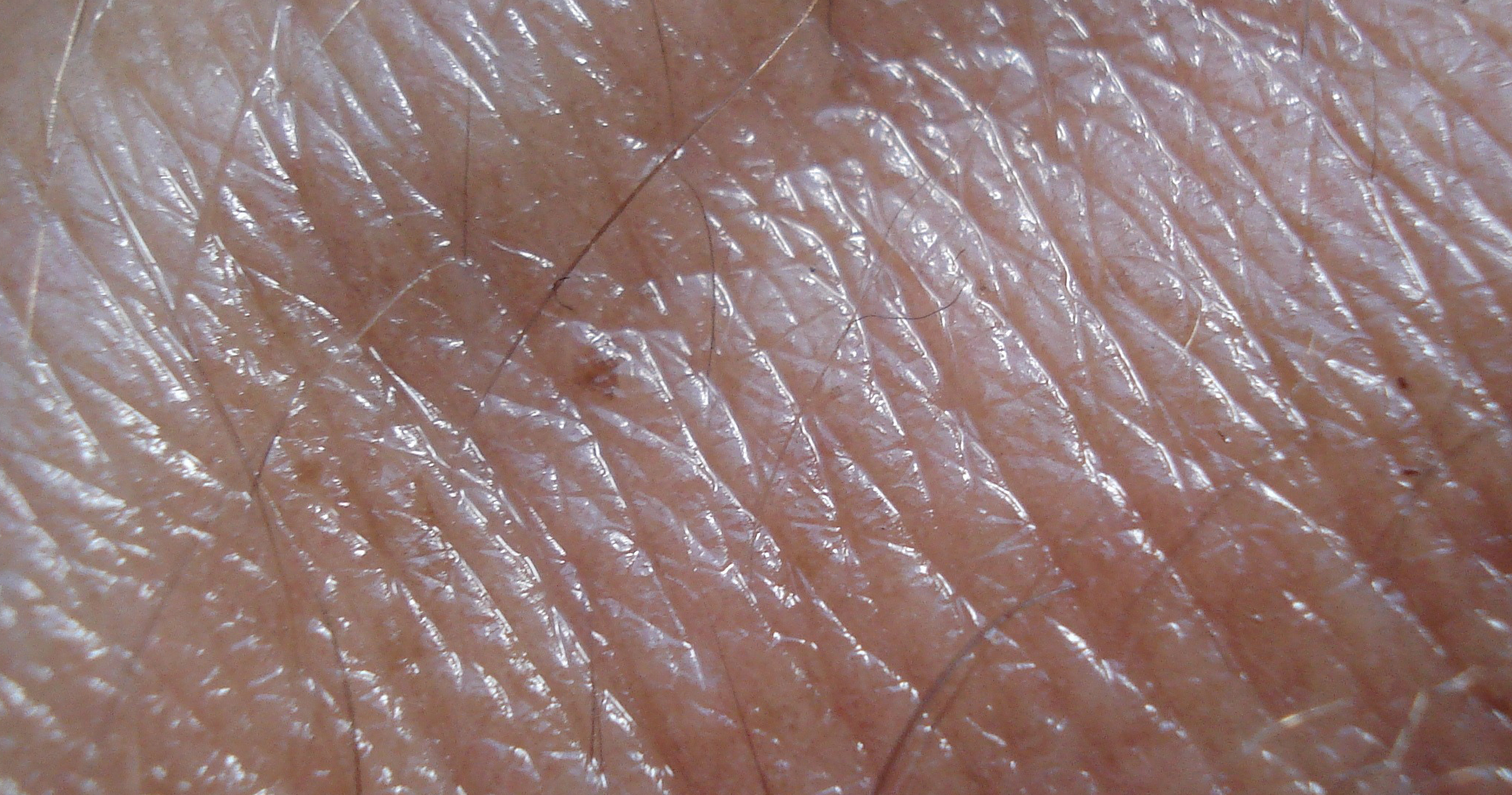
About the Institute
The Institute for Skin Integrity and Infection Prevention places the University of Huddersfield at the forefront of research and teaching in the management of acute and chronic non-healing wounds.
The Institute of Skin Integrity and Infection Prevention (ISIaIP) within the School of Human and Health Sciences at The University of Huddersfield is a world-leading centre in the field of skin integrity and wound care research. Comprising of a multi-disciplinary international team of experts within the field of wound care research, our vision is to provide translational research through a “bench to bedside” approach, entrenched in scientifically rigorous methods with a clinical focus that has real world impacts on patient care. The ISIaIP is represented on regional, national and international bodies (such as NICE and NHS England) and contributes towards the development of policies and health system improvements and has close connections to industry leaders and health care providers. As well as undertaking contract and consultancy research with industry, we also deliver high quality education; training the next generation of health care practitioners, scientists, engineers and product designers.
The management of wounds is an important area of healthcare. Wounds that fail to follow the normal healing trajectory can negatively affect quality of life and are costly to healthcare areas. The NHS managed 3.8 million patients with a wound in 2017/2018, equivalent to 7% of the adult population 25% of all wounds lacked a recorded differential diagnosis. Annually £8.3 billion is spent on wound management in the UK of which 67% is incurred managing unhealed wounds (Guest et al., 2015). Over 70% of cost is associated with Nurse, Doctor, or Healthcare Assistant visit. In the UK, the costs of treating related Health Care Associated Infections (HCAIs), particularly surgical site infections (SSIs), has been estimated to represent a further £1bn. In the USA a retrospective analysis of Medicare beneficiaries identified that ∼8.2 million people had wounds with or without infections. The estimated cost for acute and chronic wound treatments ranged from $28.1 billion to $96.8 billion with the highest expenses being surgical wounds followed by diabetic foot ulcers (Sen, 2019). In Europe Between 25-50% of acute hospital beds are occupied by patients with a wound, many of which were developed during hospitalisation with surgical wound infection estimated to affect between 30-40 surgical patients per 1000 operations. Additionally, there are reports of excess mortality among patients contracting a surgical wound infection is 5%.
The cost of wound care incorporates not only the physical management of the wound itself, but also the significant clinical nursing time; wound care is complex and often involves multidisciplinary teams working together to provide optimum patient care. The rise of resistant and emergent organisms and the overreliance of antibiotics is another clinical area of concern, particularly with the focus on antimicrobial resistance, which is thought to be responsible for almost 700,000 deaths each year globally with the potential to increase to an estimated 10 million lives each year by 2050.
The aim of the ISIaIP is to promote a fully integrated and coordinated applied science approach to research that can be applied in clinical practice focusing on some of the most fundamental and important aspects of wound care including;
- Cell biology
- Advanced Healthcare Materials
- Bio-metrology
- Data Analytics
- Tissue Viability
- Infection Prevention